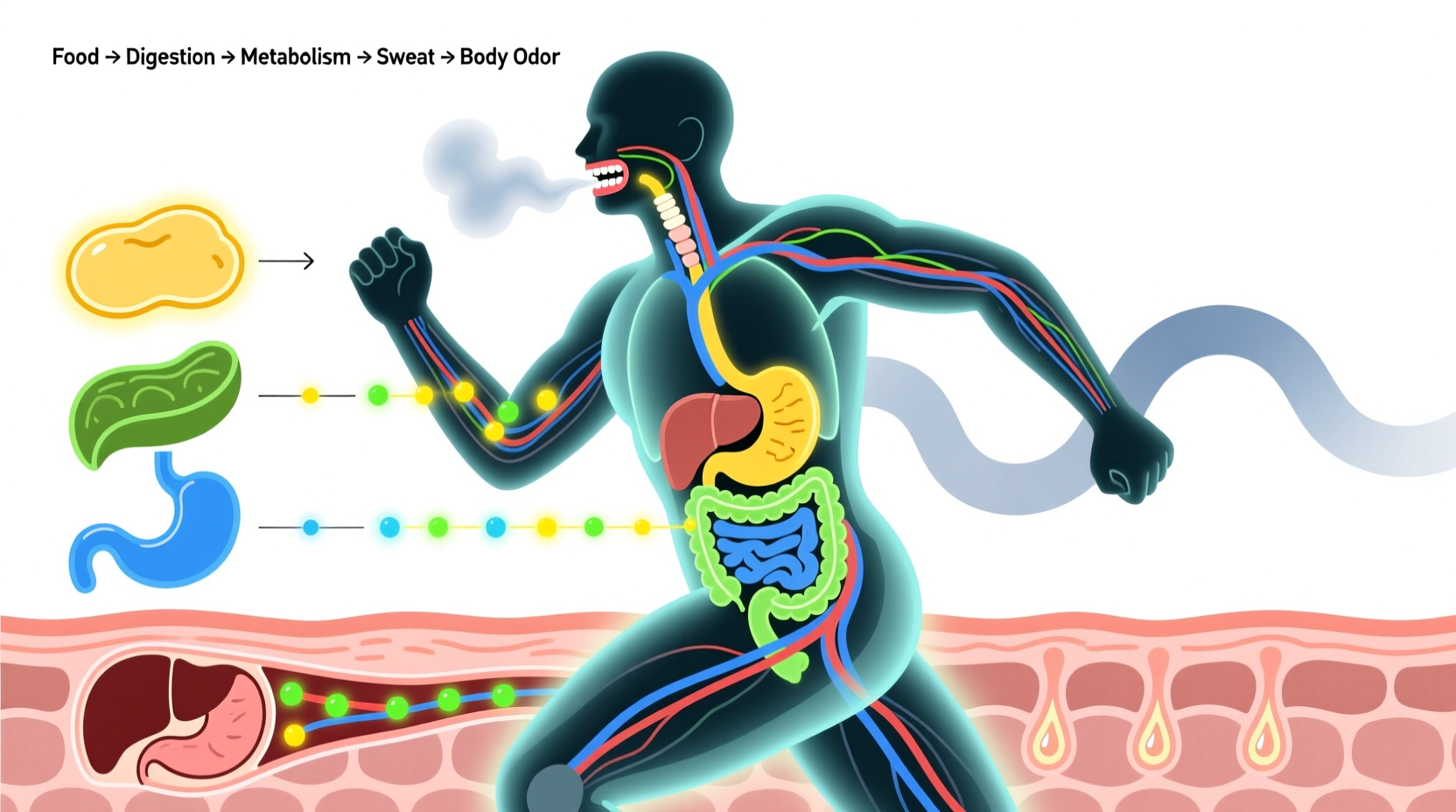If you've noticed your vagina smells like onion recently, you're not alone. This article provides evidence-based information to help you understand:
- The science behind diet-related vaginal odor changes
- How to distinguish normal variations from potential infections
- Practical hygiene strategies backed by medical professionals
- When to consult a healthcare provider for proper diagnosis
- Preventive measures for maintaining vaginal health
Understanding the Connection Between Diet and Vaginal Odor
When you consume sulfur-containing foods like onions, garlic, or cruciferous vegetables, your body metabolizes these compounds into volatile organic compounds. These substances can be excreted through sweat glands and mucous membranes, potentially affecting your natural scent. According to research published in Chemical Senses, dietary components can alter body odor within 12-24 hours after consumption.

Common Causes of Onion-Like Vaginal Odor
Vaginal odor changes serve as your body's communication system. Here's what different scent profiles might indicate:
| Odor Type | Most Likely Cause | Action Required |
|---|---|---|
| Mild onion/garlic scent | Dietary factors (recent consumption) | Monitor for 24-48 hours; adjust diet if persistent |
| Strong fishy odor | Bacterial vaginosis (BV) | Consult healthcare provider for diagnosis |
| Sour/yogurt-like scent | Healthy lactobacillus activity | No action needed (normal) |
| Sweet/fruity smell | Yeast overgrowth | Monitor for other symptoms; consult if persistent |
When Diet Affects Your Natural Scent: The Timeline
Understanding how food impacts your body odor involves recognizing this metabolic process:
- Consumption: Eating sulfur-rich foods like onions, garlic, or broccoli
- Metabolism: Liver processes compounds into volatile sulfur byproducts (6-12 hours)
- Distribution: Compounds circulate through bloodstream (12-24 hours)
- Excretion: Released through sweat glands and mucous membranes (24-48 hours)
- Normalization: Odor typically resolves as compounds are fully processed (48-72 hours)
The Centers for Disease Control and Prevention (CDC) confirms that dietary factors can temporarily alter body odor, but persistent changes lasting more than 3 days warrant medical evaluation to rule out infections. Their guidelines on bacterial vaginosis note that while diet can influence scent, true infections present with additional symptoms like discharge changes and irritation.
Distinguishing Normal Variations From Concerning Symptoms
Every woman's natural scent varies throughout her menstrual cycle. The American College of Obstetricians and Gynecologists (ACOG) explains that mild odor fluctuations during ovulation or menstruation are normal due to pH changes. However, certain combinations of symptoms require professional assessment:
- Normal variation: Mild scent changes without discharge alterations, itching, or discomfort
- Requires evaluation: Strong odor accompanied by grayish discharge, burning, or itching
- Urgent care needed: Foul odor with fever, pelvic pain, or unusual bleeding
Practical Management Strategies
For diet-related odor concerns, these evidence-based approaches can help:
Dietary Adjustments
Reduce sulfur-rich foods temporarily while monitoring changes. The Mayo Clinic recommends increasing water intake to 8-10 glasses daily to help flush metabolic byproducts. Incorporate probiotic-rich foods like unsweetened yogurt to support healthy vaginal flora.
Hygiene Practices
Avoid douching, which disrupts natural pH balance. The NHS advises using only water for external cleaning and wearing breathable cotton underwear. Change out of wet clothing promptly, as moisture creates an environment where odor-causing bacteria thrive.
When Home Care Isn't Enough
If odor persists beyond 3 days despite dietary changes, consult a healthcare provider. Bacterial vaginosis requires prescription antibiotics, while yeast infections need antifungal treatment. Self-treating without proper diagnosis can worsen conditions or mask underlying issues.
Preventing Recurring Odor Issues
Maintaining vaginal health involves consistent habits:
- Wear loose-fitting clothing made from natural fibers
- Avoid scented feminine products that disrupt pH balance
- Change tampons/pads regularly during menstruation
- Practice safe sex using barrier methods
- Include probiotic foods in your regular diet
Remember that your vagina has natural self-cleaning abilities. Over-cleaning or using harsh products can do more harm than good by disrupting the delicate ecosystem of beneficial bacteria that maintain healthy pH levels.










 浙公网安备
33010002000092号
浙公网安备
33010002000092号 浙B2-20120091-4
浙B2-20120091-4